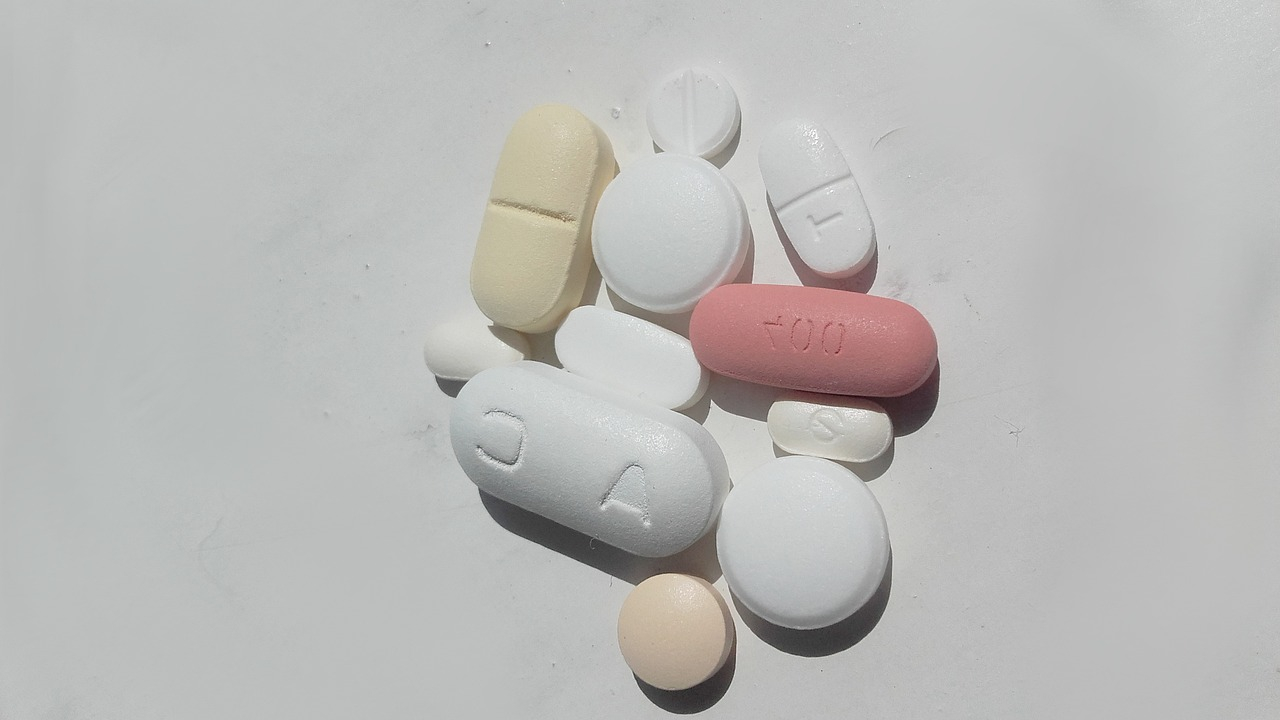Verdict - Between Punishment and Rehabilitation
After examining the evidence, Majors was sentenced to probation after being found guilty of assaulting Grace Jabbari, a British choreographer who was his ex-girlfriend. Instead of a potential year in prison, the actor received a sentence that included participation in a 52-week domestic violence prevention program. This decision was made in light of Majors' release by Marvel following his conviction, highlighting the consequences of his actions both personally and professionally.
Further Actions -Intervention Program and Therapy
Judge Michael Gaffey, after weighing the arguments from both sides, decided that the case did not merit jail time, directing Majors to conditional discharge. The actor will now undergo an "in-person batterer's intervention program" in Los Angeles, aimed at preventing future acts of violence. Additionally, Majors must continue mental health therapy, which is an important element of his rehabilitation.
Repercussions - Personal and Professional Consequences
The case left no one indifferent, especially Grace Jabbari, who expressed that the incident left her with deep emotional and physical pain. The confrontation between Majors and Jabbari, which escalated after she discovered a message from another woman on Majors' phone, led to physical violence. Majors' defense, attempting to turn the situation against Jabbari, found no confirmation in the eyes of the law.
Jonathan Majors, leaving the court, made no comments, but in a later interview with ABC News, he expressed shock at the verdict. The actor expressed hope for a return to work in the film industry, despite the cloud of controversy hanging over his character.
The case of Jonathan Majors serves as a warning about the seriousness of the consequences of both legal and social issues related to domestic violence. It clearly shows that professional success is not a protective shield against accountability for one's actions.




















